EDRi and members take EU decision-makers through 20 years of digital policy
This September, EDRi, Access Now and ARTICLE 19 took Parliamentarians through a rollercoaster ride of all things digital policy in the European Union. From the early internet and initial experiments in platform regulation, through more recent regulatory innovations, and finally to questions of security and surveillance, we shared a digital rights perspective of the good, the bad and the ugly of digital policy in the EU.
Filter resources
-
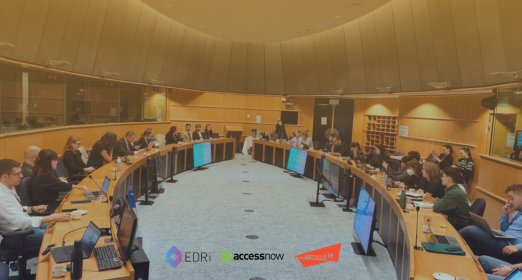
EDRi and members take EU decision-makers through 20 years of digital policy
This September, EDRi, Access Now and ARTICLE 19 took Parliamentarians through a rollercoaster ride of all things digital policy in the European Union. From the early internet and initial experiments in platform regulation, through more recent regulatory innovations, and finally to questions of security and surveillance, we shared a digital rights perspective of the good, the bad and the ugly of digital policy in the EU.
Read more
-
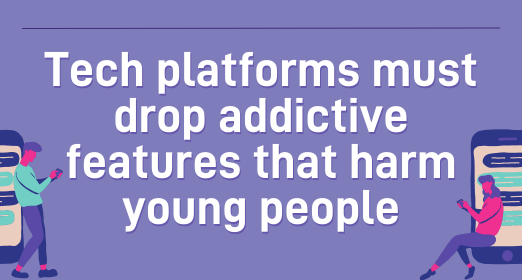
Tech platforms must drop addictive features that harm young people
Social media companies construct their platforms in ways that make them addictive. Algorithms show individuals things that they think will keep them hooked for longer.
Read more
-
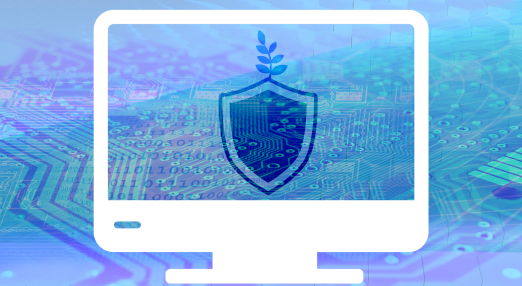
EU Cyber Resilience Act would harm open source software and competitiveness
If the EU Cyber Resilience Act is adopted in its present form, it would seriously harm the open source ecosystem and the competitiveness of the European economy, argues EDRi member Vrijschrift Foundation in a letter to the Dutch Parliament.
Read more
-
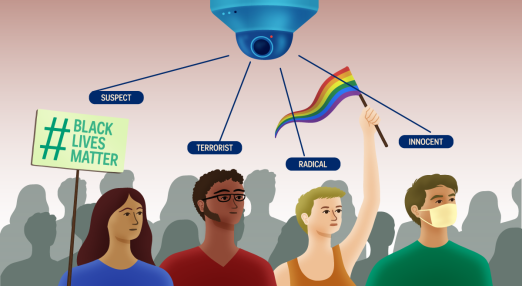
Digital rights for civil society and civil society for digital rights: how surveillance technologies shrink civic spaces
Digital technology has transformed civic spaces - online and offline. In our digital societies, characterised by injustice and power imbalances, technology contributes to shrinking civic spaces. And to defend civic spaces against surveillance, we need strong and resourced civil society organisations and movements.
Read more
-
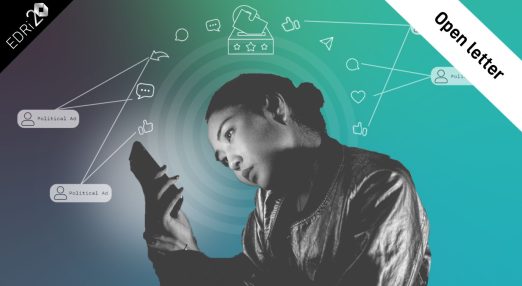
Open letter: EU Lawmakers must uphold human rights to privacy and free expression in the Political Ads Regulation
EDRi and 26 civil society organisations, voice our deep concern regarding the worrying developments related to the Regulation on the Targeting and Transparency of Political Advertising.
Read more
-

Commission launches internet fee consultation full of biased questions
The European Commission has launched an “exploratory questionnaire” about telecom corporations wishing to levy an internet fee from online content providers. EDRi’s response outlines why that’s a ludicrous idea, a threat to net neutrality, and bad news for all internet users.
Read more
-
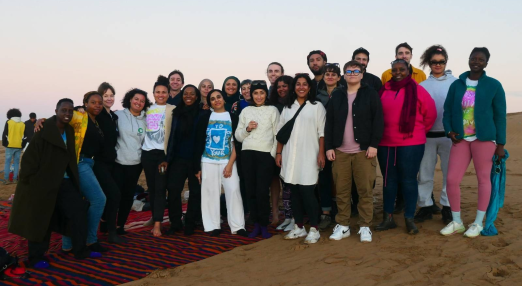
Decolonising Digital Rights: a process imbued with love
This blog reflects on the end of the design phase of the decolonising digital rights in Europe process. It discusses our learnings and the next steps of the process as we begin to build and disseminate the programme.
Read more
-

Czech online state services without Google Analytics: thanks to IuRe
The Czech organisation Iuridicum Remedium (IuRe) sent an open letter to the Ministry of Health in June 2021. It was mainly about the vaccination system, but its impact is much bigger: many state websites are getting rid of Google Analytics and thus taking more account of user privacy.
Read more
-
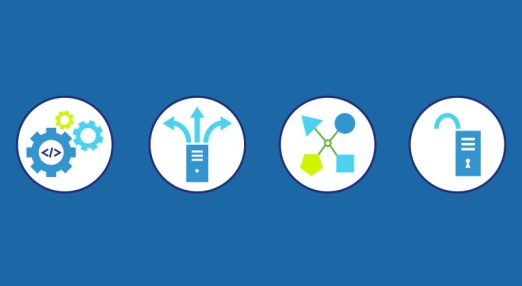
Sign the open letter about the right to install any software on any device
More than 100 civil society organisations across sectors have already signed the open letter about “The universal right to install any software on any device”. In the European Week for Waste Reduction, you can now sign the letter as an individual.
Read more
-

EdTech needs schooling
It is vital that the introduction of technology to the classroom is accompanied by appropriate and robust human rights safeguards to ensure that every child around the world can safely access an education, without giving up their right to privacy or becoming hostages to a future of data exploitation. Read why EdTech needs schooling to ensure the safety of the children they are responsible for.
Read more
-
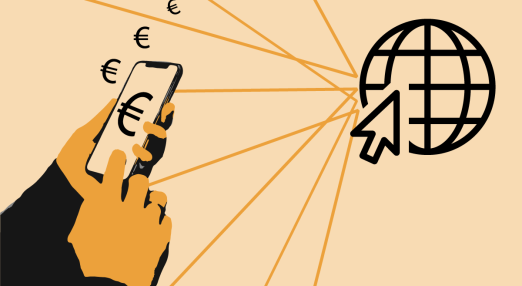
Network fee: the new attack on the open Internet
A major attack on net neutrality is currently underway at the EU level using the slogan "Fair Share". Under this term, the telecommunications industry wants to massively increase its profits. EDRi and epicenter.works have published a joint paper, supported by a total of nine NGOs, which summarises all the myths of the telecom industry on this topic and counter them with facts and arguments. Read more about paper in this article.
Read more
-
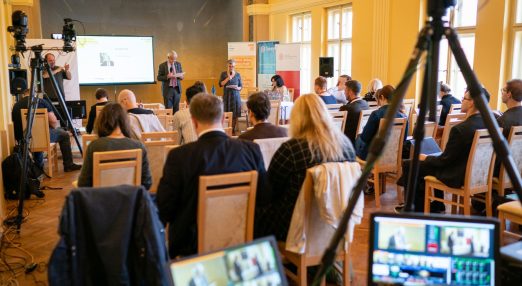
People working in the Czech media do not trust technology companies, they are also concerned about artificial intelligence decision-making
These findings come as a result of a survey conducted in the summer of 2022 as part of the Promoting human rights in the digital era project. The digital legal organisation and an EDRi member in the Czech Republic IuRe (Iuridicum Remedium) also took part.
Read more
